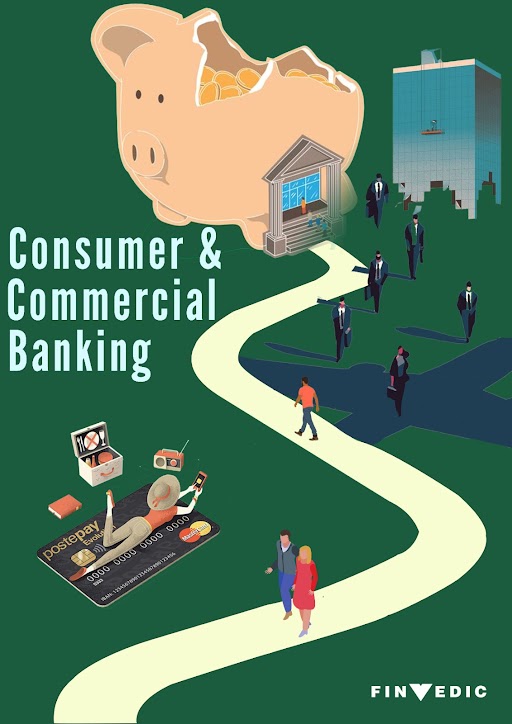Our Program Highlights:


Our Curriculam
V1. Fintech & Financial Landscape
V2. Disruptive Technologies
V3. Consumer & Commercial Banking:
- Introduction to Banking
- Core Banking Functions
- Technology in Banking
- Modern Banking Methods
- Specialized Services
- Future Trends
- Building Technology for Modern Banking Solutions

Our Virtual Labs
-
Real-Time Fintech Environment

Gain hands-on experience in labs that simulate real-time fintech environments, mirroring the workflows of leading companies to make you job-ready from day one.
-
24/7 AI Assistance

Benefit from round-the-clock support with an AI assistant available to clarify doubts and guide you through complex technical problems at any time.
-
Comprehensive Software Suite

Work with a wide range of fintech-related softwares, NGINX, MongoDB, Kafka, Jenkins, Angular, React, Springboot, Redis.
-
Cloud Computing Integration

Learn to deploy fintech solutions using top cloud services like Microsoft Azure.

Certification
- Industry-recognized certification
- Enhanced career prospects

Career Opportunities
-
Placement Assistance

Get support with finding jobs and connecting with companies.
-
Expert Guidance

Get advice from industry experts.


Course Prerequisites
-
Educational Qualifications

BTech, MTech, MCA, or any tech graduate
-
Programming Languages

Understanding of Java, Python or other similar programming languages
-
Graduation Year

Experienced and freshers (2023/2024/2025 passouts)

Special Feature
-
Resume Services

Get support with building your resume to suit the fintech markets and preparing for interviews through our mock interview sessions.
-
Skill-Building Focus

The labs are designed to build your practical skills, ensuring you can confidently apply what you've learned in real-world fintech scenarios.
-
Job-Ready Training

The combination of theoretical knowledge and practical lab experience ensures you are fully equipped to excel in the fintech industry from day one.

































